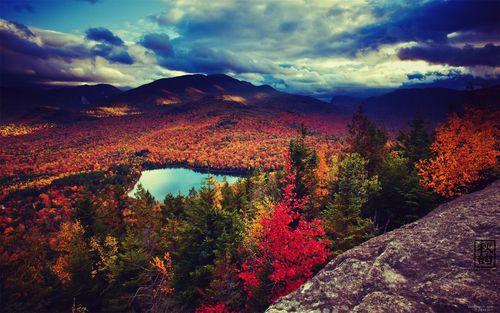How 9/11 Shaped Popular Culture: A Look at its Lasting Impact
The September 11, 2001 attacks on the United States were a tragic event in world history that shook the globe to its core. The impact of those events is not only limited to the political and economic aftermath, but it also seeped into the cultural landscape of society. Almost two decades later, its impact is still felt and reflected in different art forms today. In this article, we will discuss how 9/11 shaped popular culture and examine its lasting impact.
The Immediate Aftermath
The immediate aftermath of the 9/11 attacks saw a surge in patriotic expressions and support for the country, especially in the entertainment industry. Television channels aired benefit concerts and telethons to raise money for the victims and their families. Musicians like Bruce Springsteen, U2, and Eminem released songs that reflected the nation’s mood and stood in solidarity with the victims of the attacks. Movies like “United 93” and “World Trade Center” were released, which chronicled the events from the perspective of the victims and their families.
The Change in Media
The 9/11 attacks also brought a change in the media landscape. News media started to report more extensively on international events and terrorism. The term “war on terror” entered mainstream vocabulary. In television dramas and movies, the “hero” archetype changed from the old-fashioned, comic book-like hero to a tougher, more ‘realistic’ protagonist who struggled with ethical dilemmas and psychological trauma.
The New Normal
The 9/11 attacks became a turning point for the world. The changed global environment created a constant fear of the unknown, and the feeling of vulnerability became pervasive. Americans, in particular, began to adopt increasingly insular and protective attitudes reflecting a new outlook on the wider world. People started to focus on their personal lives, and what was once considered “normal” post-9/11 significantly shifted. For example, airport travel with new security measures and armed policemans at train stations became a commonplace in our lives. Artistic representations in movies and television shows reflected these changes, as they began to capture and portray the anxieties that the public now feels on a daily basis.
The Rise of the Anti-Hero
The attacks on 9/11 have had a profound impact on numerous creative fields, and one area that has been influenced is the depiction of heroes. The concept of an “anti-hero” is now the norm in many modern storylines. These are characters that are not purely good, instead, they have flaws that make them more human. They are flawed, cynical, and rugged, struggling to find meaning in a world that appears both dangerous and fragile. Shows such as “Breaking Bad,” “The Sopranos,” and “Dexter” all feature a protagonist with a dark side, fighting a constant battle between good and evil.
Conclusion
In conclusion, the impact of the 9/11 attacks on popular culture cannot be underestimated. It had a profound impact on the world and it’s culture. Its most significant impact was on the media. It changed the course of the media and started to report more on international events and terrorism. There was also a change in the characters we see as heroes in movies and television. They became less perfect, questionable, and grim. The world came through the attacks with its spirit intact, but it did not emerge unscathed. Its impacting legacy will continue to reverberate through art and popular culture for generations to come.
(Note: Do you have knowledge or insights to share? Unlock new opportunities and expand your reach by joining our authors team. Click Registration to join us and share your expertise with our readers.)
Speech tips:
Please note that any statements involving politics will not be approved.
